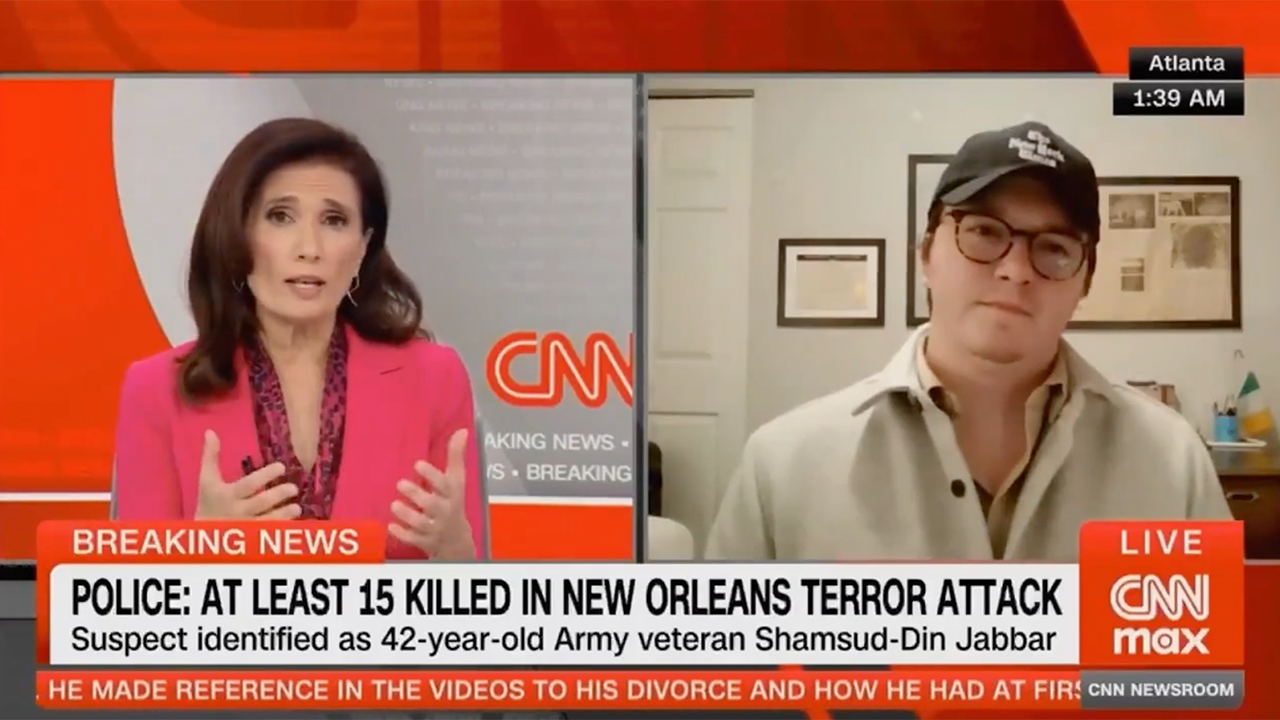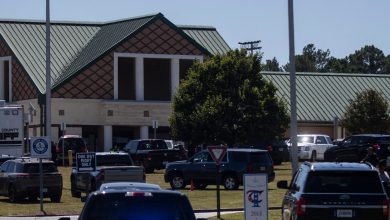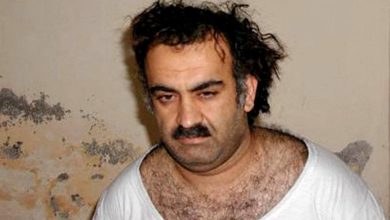A New York Times freelance contributor discussed Thursday a college newspaper interview he had years ago with Shamsud-Din Jabbar, saying he did not seem like the type of person who would commit the New Year’s Day terror attack in New Orleans.
Sean Keenan spoke to CNN host Paula Newton early Thursday morning about the moment he found out that the suspect in the deaths of 15 people after deliberately driving his truck through Bourbon Street was the same man he interviewed in 2015 for Georgia State University’s college paper.
“My head was spinning,” Keenan told the anchor, adding, “What little I remember from that interview was a very cool, calm, and collected guy.”
Jabbar attended Georgia State from 2015 until 2017 and received a bachelor’s degree in computer information systems. Keenan interviewed him for an article about college life as a veteran in 2015.
OFFICIALS POSTPONE SUGAR BOWL IN THE WAKE OF APPARENT TERROR ATTACK ON BOURBON STREET
“Nothing about his character threw any red flags,” the journalist stated.
Authorities say the 42-year-old Jabbar drove his truck through a crowd gathered on New Orleans’ famous Bourbon Street at around 3:15 a.m. on Wednesday as they rang in 2025. The suspect was a U.S.-born citizen who lived in Houston, Texas.
After ramming through the crowd, Jabbar exited the vehicle and exchanged fire with law enforcement. The suspect was killed in the encounter. Bomb-making materials were reportedly found at a New Orleans Airbnb Jabbar was suspected to have rented ahead of the attack. Authorities so far believe that Jabbar acted alone in carrying out the rampage and was inspired by the Islamic State (ISIS) terrorist organization.
The suspect had been married twice and had two children. The FBI revealed that Jabbar also served in the U.S. Army as a Human Resource Specialist and Information Technology (IT) Specialist from March 2007 until January 2015, and served in the Army Reserves as an IT Specialist from January 2015 until July 2020.
CLICK HERE FOR MORE COVERAGE OF MEDIA AND CULTURE
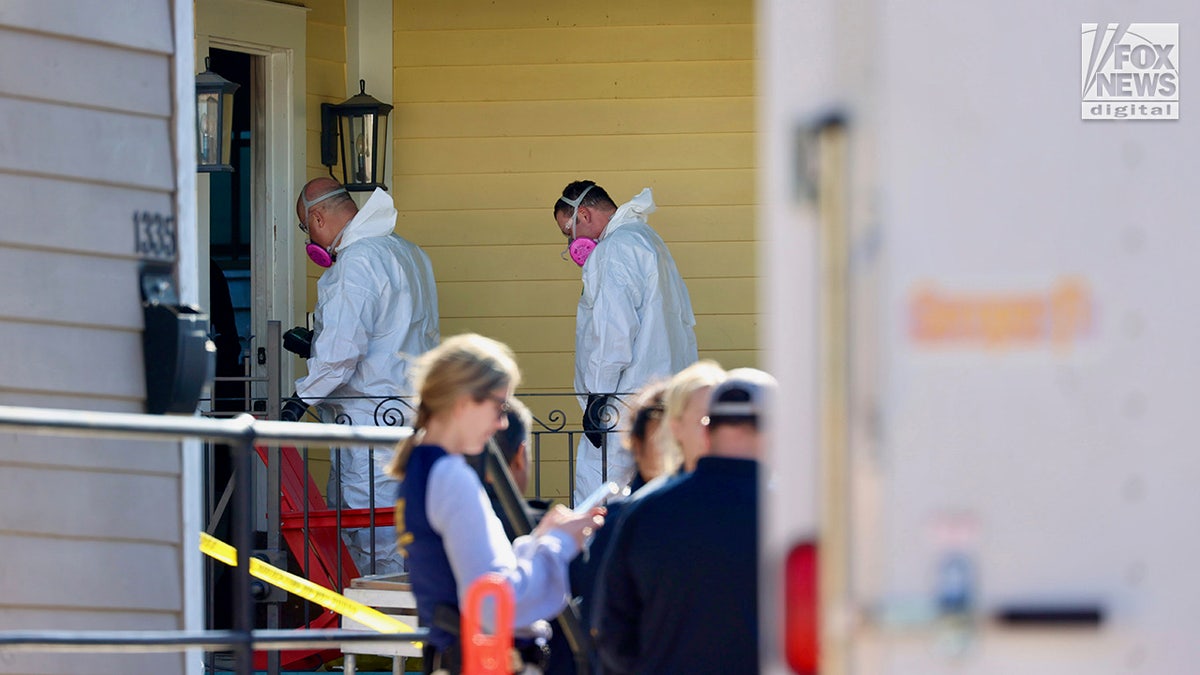
During his time in the Army, he deployed to Afghanistan from February 2009 to January 2010. The FBI believes he was honorably discharged.
Keenan told CNN that his shock at finding out Jabbar was capable of such an attack was shared by other people who knew him.
“A lot of my colleagues at the New York Times talked to family and friends, and they’re telling you this was a wild 180,” he said.
Keenan continued to describe the Jabbar he interviewed as having a “reserved demeanor.”
“He was a little bit distant in the way that, you know, you sometimes see from veterans who have had difficult deployments,” the journalist said, adding that he’s “still processing it all.”
BIDEN NATIONAL SECURITY ADVISER JAKE SULLIVAN OFFERED TO RESIGN OVER CHAOTIC AFGHANISTAN WITHDRAWAL: REPORT
Keenan described the 2015 interview with Jabbar in a New York Times piece following the attack. In it, the reporter stated that Jabbar told him he had trouble adjusting to life after the military.
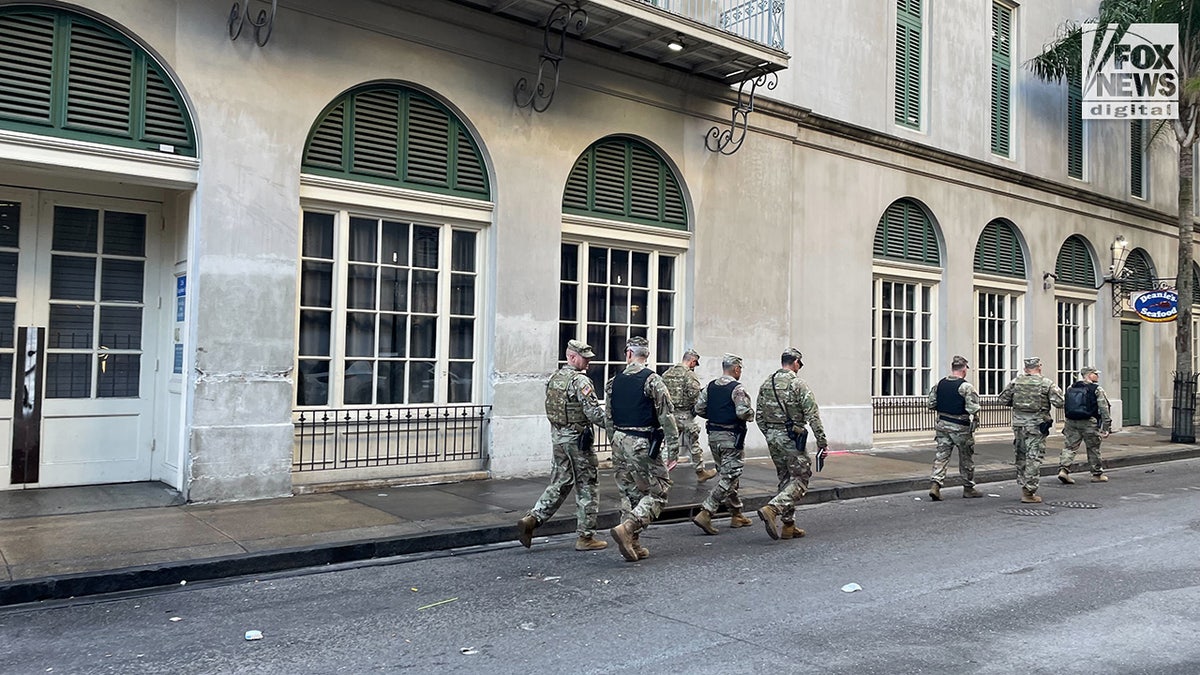
“Mr. Jabbar complained that the complexity of the Department of Veterans Affairs bureaucracy sometimes made it difficult for veterans to get their tuition and other educational benefits paid through the G.I. Bill, and that even a single missing signature or sheet of paper could affect an applicant’s benefits,” Keenan recalled.
The reporter noted that Jabbar’s other complaint was that it was hard “to communicate without defaulting to the military jargon he had adopted during his years in the service — and that doing so can make it difficult for veterans when applying for civilian jobs.”
Read the full article here

